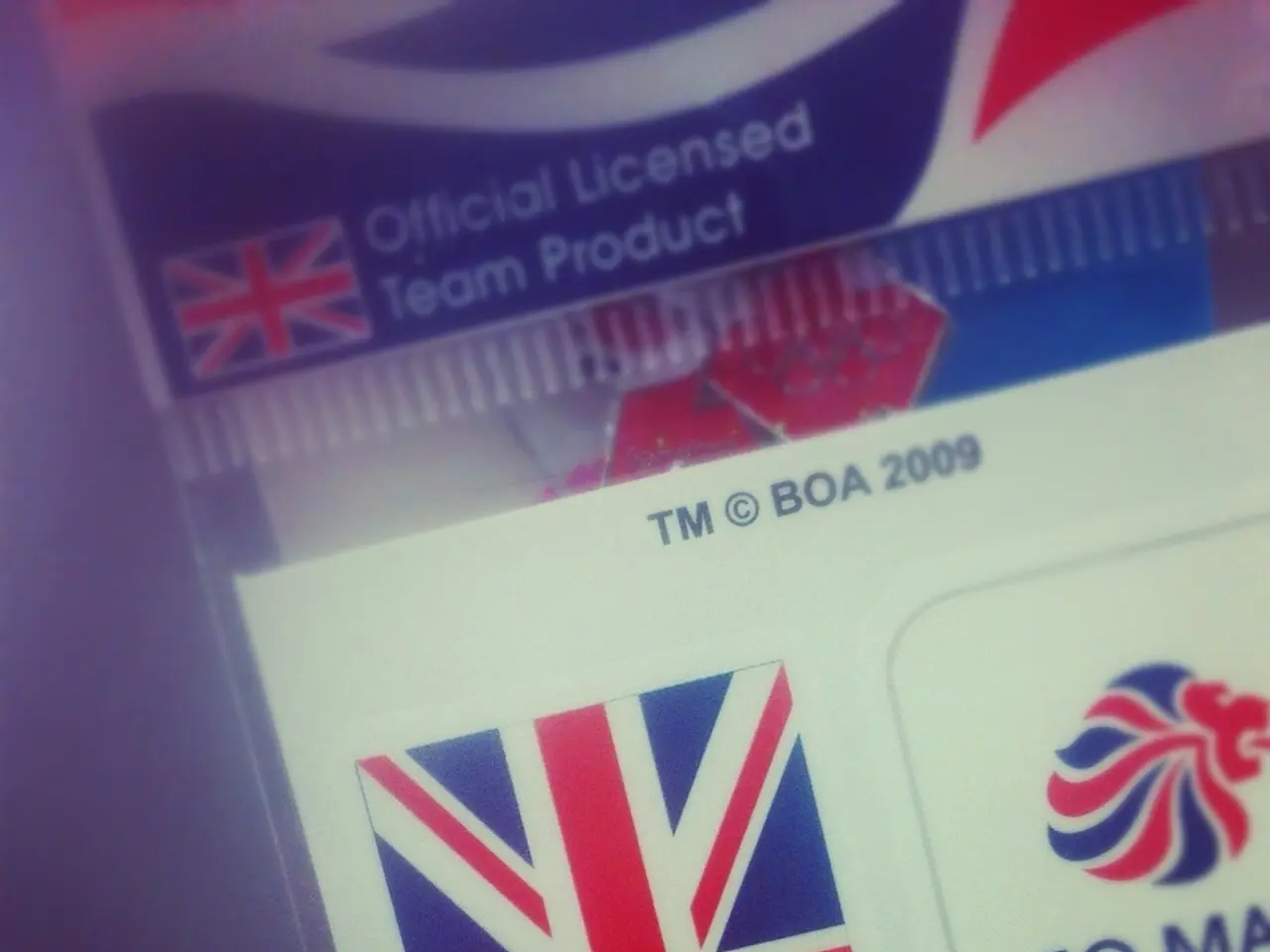UAE intensifies efforts against financial wrongdoings through strategic partnership agreements
The United Arab Emirates (UAE) has taken significant strides in bolstering its financial security, leading to its recent removal from the European Union's (EU) high-risk money laundering and terrorist financing list. This achievement is the result of a comprehensive strategy that encompasses policy reforms, enhanced enforcement, and strategic partnerships.
At the heart of this strategy is the **National Strategy for Anti-Money Laundering and Countering the Financing of Terrorism (2024–2027)**. This strategy, coupled with collaboration with entities such as the Economic Security Centre of Dubai (ESCD) and the Dubai Land Department, has played a pivotal role in the UAE's progress.
### Key Strategic Reforms
The UAE has adopted a risk-based supervisory approach, focusing on sectors considered higher risk globally, such as real estate, gold/jewelry trading, auditing, and corporate service providers. The Ministry of Economy and Dubai Police have also enhanced data sharing to identify ultimate beneficial owners, ensuring accountability in financial structures.
Authorities have implemented real-time suspicious transaction reporting and increased prosecutions for AML violations, improving the detection and disruption of illicit financial flows. The UAE has also expanded oversight beyond banks to include Designated Non-Financial Businesses and Professions (DNFBPs), requiring stricter compliance measures.
### Specific Initiatives with Dubai Entities
The UAE has partnered with the Economic Security Centre of Dubai (ESCD) to improve intelligence sharing, risk assessment, and enforcement, strengthening the Emirates’ ability to combat financial crimes. Collaborations with the Dubai Land Department focus on tightening oversight in the real estate sector—a high-risk area for money laundering—through enhanced due diligence and transaction monitoring.
### Outcomes and Future Focus
The EU recognised the UAE’s “substantial improvement in aligning with international AML/CFT standards,” leading to its July 2025 delisting. This milestone is expected to boost investor confidence and streamline UAE-EU trade and financial cooperation. Moving forward, the UAE will continue refining its frameworks to maintain compliance with global standards and further solidify its position as a trusted financial hub.
The Memorandums of Understanding (MoUs) signed during the "Role of the Designated Non-Financial Businesses and Professions (DNFBPs) Sector in Combating Financial Crimes" summit in Dubai reinforce the UAE's commitment to international best practices in anti-money laundering and counter-terrorism financing. This initiative underscores the UAE's proactive, integrated, and transparent approach aimed at sustaining long-term economic growth.
- The 'National Strategy for Anti-Money Laundering and Countering the Financing of Terrorism (2024–2027)', a core element of UAE's strategy, is collaborating with entities like the Economic Security Centre of Dubai (ESCD) and the Dubai Land Department to combat financial crimes and illicit activities.
- In order to enhance accountability and detect financial wrongdoings, the Ministry of Economy and Dubai Police have embraced a policy of increased data sharing to identify ultimate beneficial owners associated with financial structures.
- Beyond banks, the UAE's focus on financial security extends to Designated Non-Financial Businesses and Professions (DNFBPs), implementing stricter compliance measures to ensure these businesses maintain integrity and adhere to global anti-money laundering and counter-terrorism financing standards.




